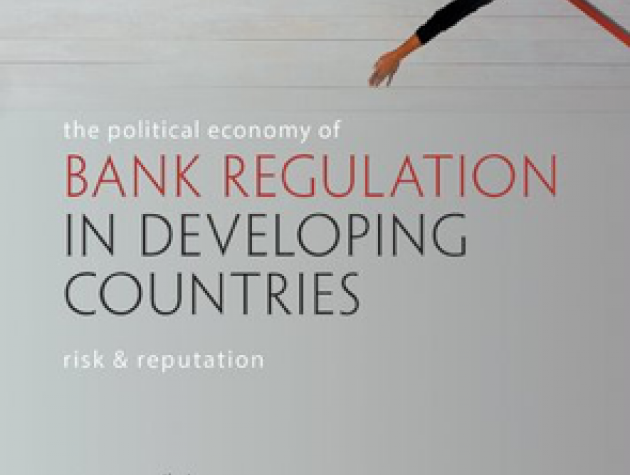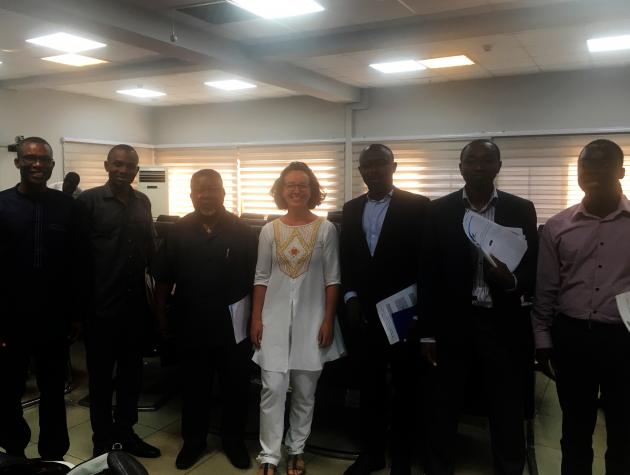Room to manoeuvre: How developing countries can tailor Basel standards
Discover more about this research.
The prudential standards that govern global finance are developed by a small group of financial regulators, largely from advanced economies. Basel II and III are not designed for low and lower- middle income countries (LMICs) with less complex and smaller financial markets, and where regulatory authorities face substantial resource constraints. Wholesale adoption of international standards in LMICs entails significant risks and costs, including excessive complexity and the diversion of scarce regulatory resources. Nevertheless, regulators in many LMICs are pressing ahead with Basel II and III. Politicians, bankers, and regulators perceive the adoption of international standards as crucially important for helping their banks expand abroad, attracting investors into their financial sector, and cooperating with bank supervisors in other jurisdictions. In today’s world of globalized finance, LMIC regulators cannot simply ignore international standards, even if they are ill-suited to their economic and financial environment.
To address this tension, regulators outside the Basel Committee on Banking Supervision can use the freedom they have as non-members to tailor global standards to meet domestic regulatory needs. This enables them to credibly signal that their banks are soundly regulated without implementing aspects of the Basel framework that are ill-suited to their needs.
To tailor Basel II/III standards to the idiosyncratic needs of their jurisdictions, regulators in LMICs can:
- Implement Basel II and III selectively, focusing only on the components that address key risks in their banking sector;
- Tailor the standards when they are implemented, rewriting them rather than copying and pasting, so they are carefully adapted to local circumstances;
- Deepen mechanisms for learning from other LMIC regulators, rather than looking chiefly to international standard-setting bodies for advice;
- Coordinate with other LMIC regulators and jointly advocate for changes to international standard-setting bodies, so the interests of LMICs are better represented;
- Examine the repercussions of Basel II/III implementation for credit allocation.






